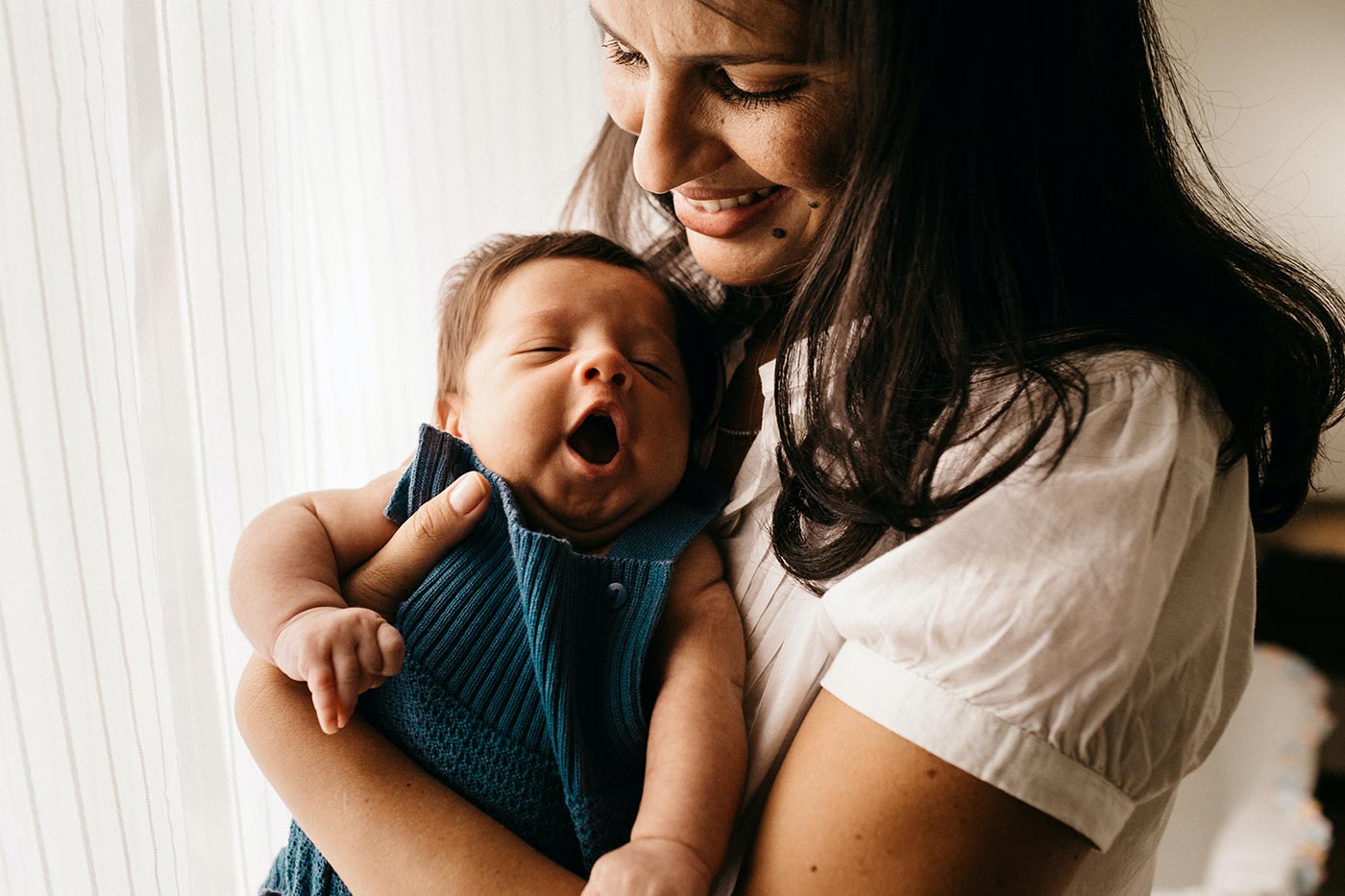Why Babies?


Our goal is to invest in the next generation, and mothers can help us do that.
An investment in a mother is an investment in a woman, a child, and a community. Cash assistance today for mothers with young babies has the potential to allow a whole generation to separate from the toxic stresses of poverty, break intergenerational cycles, and provide the environment for children to grow into happy, healthy adults.
///////
We know babies feel the effects of their mothers’ poverty.
Babies and children may not be able to read utility bills or understand medical debt, but studies show that they are deeply affected by the varying levels of toxic stress their families face -- which for families living in deep and entrenched poverty, is a lot. Not only can financial deprivation and instability have significant material effects on mothers, their babies, and their families, but it can also be a huge mental and emotional tax, quickly depleting a mother’s ability to provide for her children in the way she wants to.
Environmental stress is especially damaging in the first three years of a child’s life. Studies suggest strong links between childhood poverty and cognitive and psychological disadvantages, including physical differences in the shape and function of brains. Young children who experience frequent or sustained stress are also more likely to develop depression, anxiety, and substance abuse issues later in life, as well as physical afflictions like heart disease and diabetes. They may have trouble processing stress effectively throughout their lives, and live shorter lives than those raised with less stress. Reducing stress in early childhood is critical, and helping moms meet their needs is a first step to setting these babies up for success.

The science is clear: Early adversity dramatically impacts health and well-being across a lifetime.
Nadine Burke Harris

Investing early means investing less.
Cash assistance as an early intervention in babies’ lives could reduce the need for costlier interventions later. Research shows that later interventions are likely to be less successful in fully reversing the harm done to babies and children mentally, emotionally, physically, and psychologically -- and in some cases is entirely ineffective. While there is no “magic age” for intervention, it is clear that, in most cases, additional support as early as possible is significantly more effective than waiting. We would rather prevent than have to undo.
We have the ability to prioritize low-income, marginalized communities.
Black and brown mothers play an unparalleled role in their families and communities, but too often are systematically excluded and marginalized, making it difficult for them to support their families and survive, let alone thrive. In New York City, 64% of those living in poverty are either Black or Hispanic and land at the intersection of racial, gendered, and economic marginalization. Direct support to women and mothers of color can lead to improvements in health, family, and extended community relationships, and in general quality of life -- for women of color, their babies and children, and for everyone else. We need to eliminate the society that holds back women, and particularly women of color.
And at the end of the day, moms know best.
We can’t possibly know what each baby or child needs to thrive in his or her family environment, but moms can and do. We want this project to be effective and efficient, and investing in mothers means investing in babies. Investing in babies means investing in the future generation and the future of our nation. We strongly believe that the most immediate way to a brighter future for the next generation is getting cash into the hands of mothers and letting them do the rest (well, at least until babies can swipe their own debit cards).
